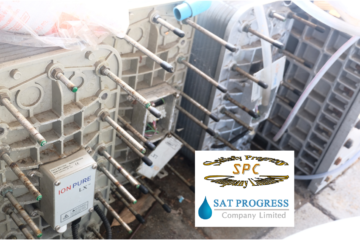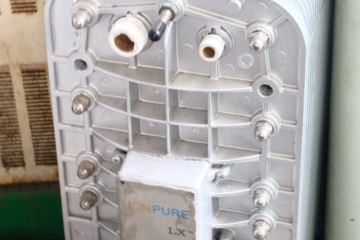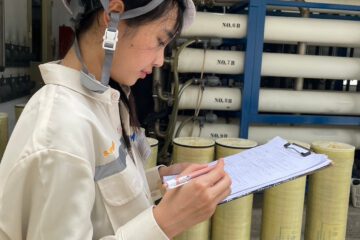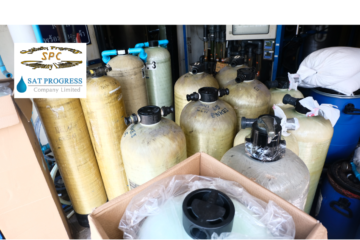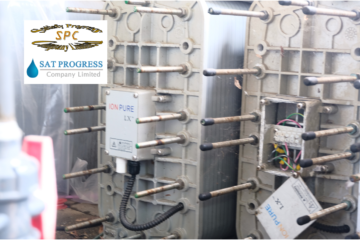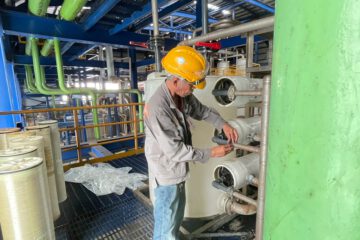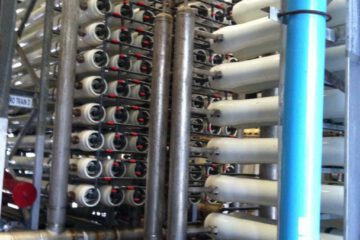EDI (Electrodeionization)
Have You Faced This Issue? Your EDI System Produces Water with Lower Purity than Specified
Electrodeionization (EDI) systems are essential for producing ultra-pure water in various industries, from pharmaceuticals to electronics. However, there are instances where EDI systems may fail to produce water with the desired level of purity. This issue can arise due to several factors that impact the efficiency and performance of the Read more…
